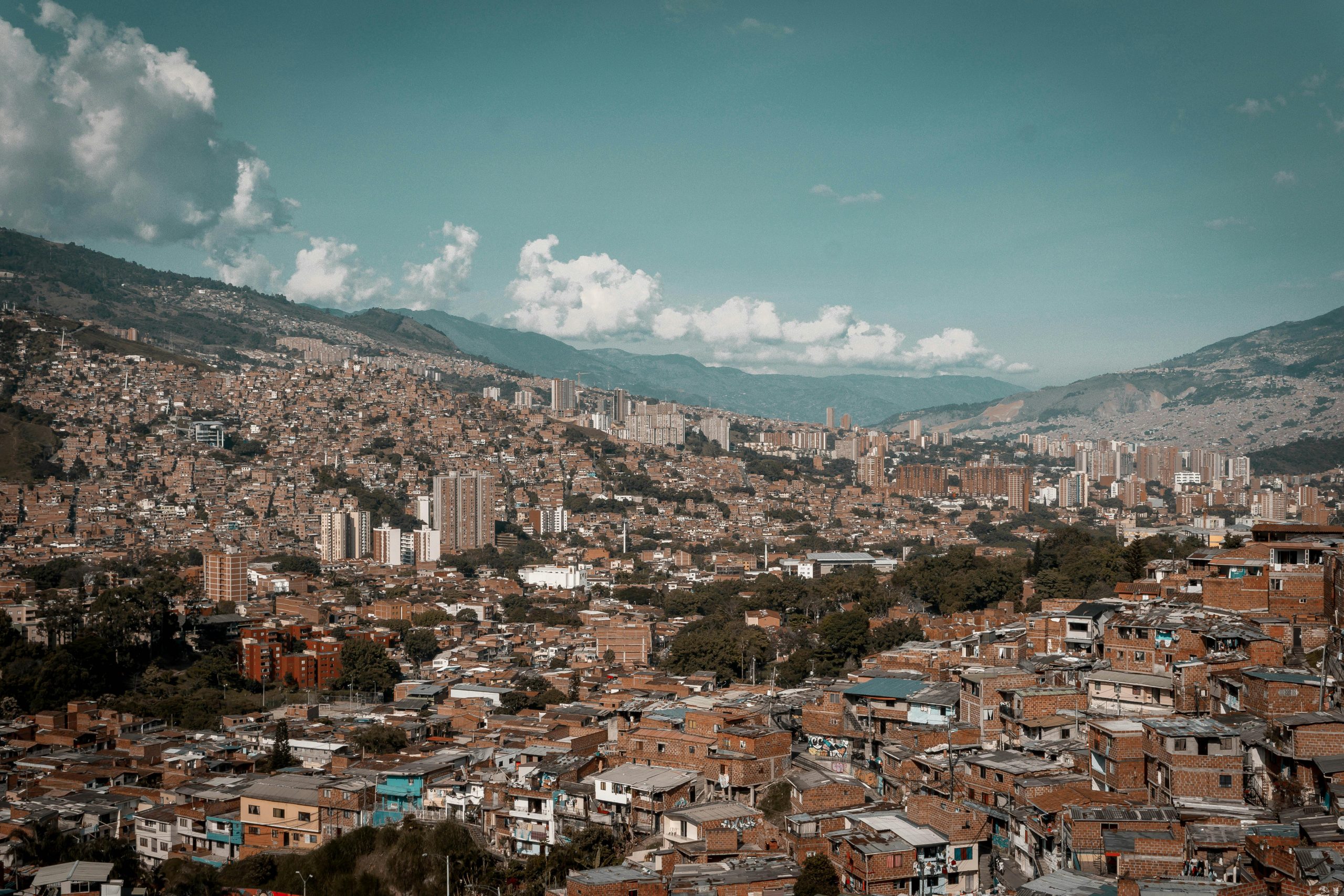
The value-added tax (VAT) on gambling in Colombia will be in place until December and relate to player deposits, the government has said in a notice dated 14 February.
After much speculation over what the VAT measure will cover and for how long it will remain in place, the Colombian government issued and updated decree (Decree No 0175) last week which temporarily eliminates the VAT exemption on online gambling. This relates to Article 420 of the country’s tax code.
The tax rate is set at 19% of player deposits and will come into force on Friday (21 February). This will include payments made by cash, bank transfers or crypto, despite the latter not being accepted as a currency for deposits in Colombia.
The decree simplifies the calculation process, with the formula applied to the deposit amount and then divided by 1.19. For instance, if a player deposits $100, around $16 would be taken in VAT leaving approximately $84 left over to bet with.
Operators will be liable for filing and paying the VAT and failure to pay this tax could result in prison sentences ranging from 48 to 108 months, as well as administrative sanctions.
The decree also aims to strengthen the efforts of Coljuegos, the gambling regulator in Colombia. It will be able to request that internet service providers block illegal sites which “serve the exploitation, operation, sale, payment, advertising or marketing of unauthorised games of luck and chance,” it said.
Points of contention in Colombia
Despite the Colombian government’s attempts to clarify the VAT situation, there remains points which could frustrate the industry.
For instance, Decree No 0175 doesn’t grant any transition period to operators to adapt to the new tax.
For operators, they must first modify their gaming systems to collect the tax, which requires recertification. Failure to obtain recertification could result in a violation of the country’s gambling laws.
Local lawyer Juan Camilo Carrasco, a partner at Bogota law firm Asensi Advogados, told iGB ahead of Decree No 0175’s publication it was imperative operators were given the time necessary to both modify and recertify their systems.
“It’s kind of like pushing the operators into the fence,” Carrasco explained to iGB. “You need to collect these taxes, but you [don’t have the capability]. But if you don’t pay taxes, then you commit a crime. If you start collecting taxes after amending the system without approval of the regulator, then you’re breaching the law.”
Additionally, Carrasco has doubts over whether the tax will indeed only be in place until December, explaining there’s a possibility it could be made permanent through future tax reforms.
“We know that regarding taxes nothing is more permanent than something that comes in temporarily,” Carrasco continued.
Carrasco also highlights a peculiar aspect of Decree No 0175 in that it specifically refers to both local and foreign operators.
Foreign operators without a valid licence are banned in Colombia, and Carrasco describes the reference to them in the decree as “rather unusual”.
Why has the gambling VAT been introduced?
The introduction of the VAT on gambling was first floated late last year, though the initial attempts to implement it were quashed in December.
However, thanks to Article 213 of Colombia’s Political Constitution, the government reintroduced it in January on an emergency basis.
Article 213 states the president can declare a “state of internal commotion” if there is a “serious disturbance of public order, which imminently threatens institutional stability, state security and citizen coexistence”.
Decree No 0175 says the tax measures have been adopted to cover the expenses of ongoing disturbances in the Catatumbo region of Colombia, where violence between rebel groups has led to the displacement of an estimated 30,000 people.
The government claims the situation requires resources “not foreseen” in the general budget to “ward off the disturbance and prevent the extension of its effects”.